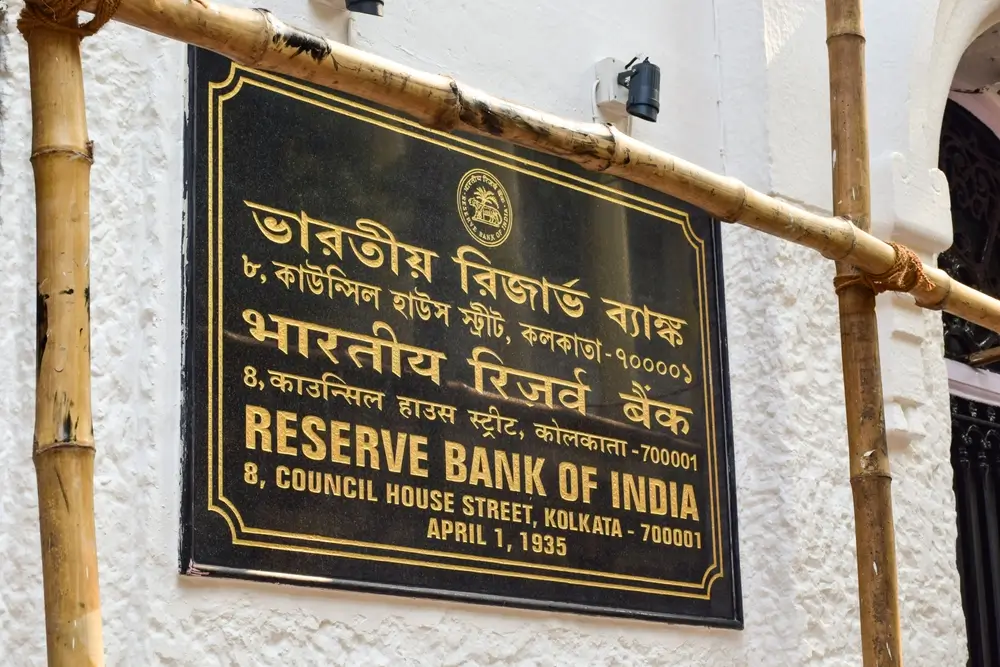In a recent advisory, the Reserve Bank of India (RBI) has cautioned scheduled commercial banks about the increasing risk of cyberattacks. The RBI advisory, issued by the Department of Banking Supervision at the Central Office in Mumbai, highlights the critical importance of cybersecurity measures in today’s digital banking domain.
Central to the RBI advisory is the role of Corporate Governance in ensuring accountability within banks. It emphasizes that IT Governance forms an integral part of this framework, requiring strong leadership support, a well-defined organizational structure, and streamlined processes.
Effective IT Governance, according to the RBI, is the responsibility of both the Board of Directors and Executive Management.
Technological Adoption in Banking
Highlighting the widespread adoption of technology across banking operations, the RBI cybersecurity advisory notes that nearly every commercial bank branch has embraced technology to some extent. This includes the implementation of core banking solutions (CBS) and various alternate delivery channels such as internet banking, mobile banking, phone banking, and ATMs.
The RBI advisory provides clear guidance to banks on enhancing their IT Governance:
Roles and Responsibilities: Clearly defining the roles and responsibilities of the Board and Senior Management is crucial for effective IT Governance. This ensures proper project control and accountability.
Organizational Framework: Recommends establishing an IT Strategy Committee at the Board level, comprising technically competent members with substantial IT expertise. The committee’s responsibilities include advising on strategic IT directions, reviewing IT investments, and ensuring alignment with business goals.
IT Organizational Structure: Suggests structuring IT functions based on the bank’s size and business activities, with divisions such as technology and development, IT operations, IT assurance, and supplier management. Each division should be led by experienced senior officials to manage IT systems effectively.
Implementing IT Governance Practices
The RBI cybersecurity advisory stresses the implementation of robust IT Governance practices aligned with international standards such as COBIT (Control Objectives for Information and Related Technologies).
These practices focus on value delivery, IT risk management, strategic alignment, resource management, and performance measurement.
Information Security Governance
Addressing the critical aspect of information security, the RBI advises banks to implement comprehensive security governance frameworks. This includes developing security policies, defining roles and responsibilities, conducting regular risk assessments, and ensuring compliance with regulatory requirements.
The advisory recommends separating the information security function from IT operations to enhance oversight and mitigate risks effectively.
Risk Management and Compliance
Emphasizing the importance of risk management, the advisory highlights the need for banks to integrate IT risks into their overall risk management framework. This involves identifying threats, assessing vulnerabilities, and implementing appropriate controls to mitigate risks effectively.
Regular monitoring and oversight through steering committees are essential to ensure compliance with policies and regulatory standards.
Conclusion
In conclusion, the RBI’s advisory highlights the importance of strengthening their cybersecurity posture amidst digital threats. By implementing IT Governance and information security frameworks, banks can enhance operational resilience, protect customer data, and safeguard financial stability. Adhering to these guidelines will not only ensure regulatory compliance but also bolster trust and confidence in the banking sector.
The RBI continues to monitor cybersecurity developments closely and urges banks to remain vigilant against emerging threats. With technology playing an increasingly pivotal role in banking, proactive measures are essential to mitigate risks and maintain a secure banking environment.
For further information and detailed guidelines on implementing RBI’s cybersecurity advisory, banks are encouraged to refer to the official communication from the Reserve Bank of India. Taking proactive steps today will safeguard the future of banking operations against cybersecurity challenges.
Source: Read More



